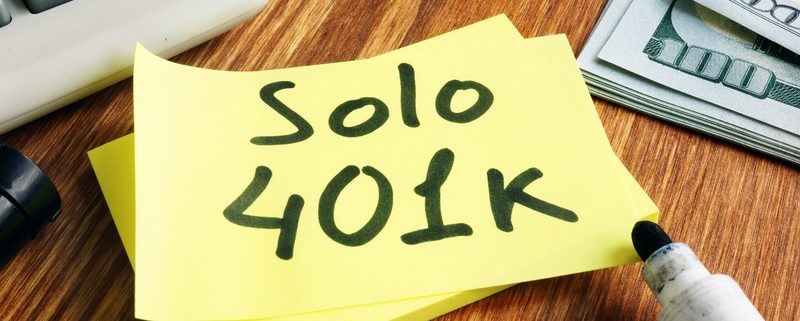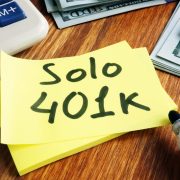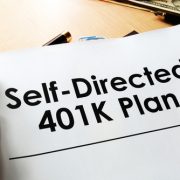Is It Possible to Have a Self-Directed Solo 401(k) Without an Employer?
Many people might be used to the concept of a 401(k) plan through an employer. They know that they can set aside a certain amount of pretax money with each paycheck, invest that, and have it grow in a tax-protected account until it’s time to retire. At a certain age, the employee then has to begin taking required minimum distributions on the money. But what happens when an employee wants to take their financial destiny into their own hands? Is it possible to use a 401(k) without an employer, and if so, what role does a Self-Directed Solo 401(k) plan have in that?
Understanding the Self-Directed Solo 401(k)
To answer these questions, we first have to talk about what it means to invest in a 401(k) plan. While many people secure these accounts through an employer, it’s not necessarily a prerequisite. For instance, an individual self-employed investor without any employees except themselves would be able to take advantage of a 401(k) plan. This is a Self-Directed Solo 401(k) plan, in which the investor is the only member of the plan. Using this plan, the investor can then use the self-directed nature of the account to invest in a wide range of possibilities in retirement assets, including (but not limited to) real estate, precious metals, and even private companies.
A 401(k) doesn’t have to come through a third-party employer, not if you want to build your own plan for retirement. Once you understand this—and the nature of self-directing your account—you’ll see just how many options there are for investing into your own retirement plan.
But Aren’t I the Employer?
This is a good question, and it’s important for you to consider that if you’re getting a Self-Directed Solo 401(k) plan, it’s because you’re the self-employer. This means that yes, you are an employer. So technically, there is an employer in this situation. However, when many people think about employers, they think about companies they work for, or individuals they work for. With a Self-Directed Solo 401(k) plan you will be your own employer, which means you own a business or work as an independent contractor. This means that you essentially do create a 401(k) plan for an entire business—as long as the entire business consists of you and no one else. If you were to use a 401(k) plan for a business you own that contains employees, then you would have to provide consistent benefits that apply to the entire business. But in the case of having a one-participant plan, the rules you set only apply to you.
What is Self-Directing?
Perhaps the most important concept in all of this? Self-directing. Self-directing an account means that you’re the one in charge of choosing the assets you want to put in it. For example, rather than choosing from a company’s pre-selected available funds in a plan, you can branch out to the whole variety of potential retirement assets allowed by the regulations. There are some limitations, of course, such as the fact that you can’t invest in certain metals such as rings or jewelry. You also would be expected to avoid collectibles. But once you understand the rules, you can use self-directing to access a wider range of potential retirement investments, which in turn gives you the freedom to direct a 401(k) on your own terms.
Interested in learning more about Self-Directed IRAs? Contact American IRA, LLC at 866-7500-IRA (472) for a free consultation. Download our free guides or visit us online at www.AmericanIRA.com.









